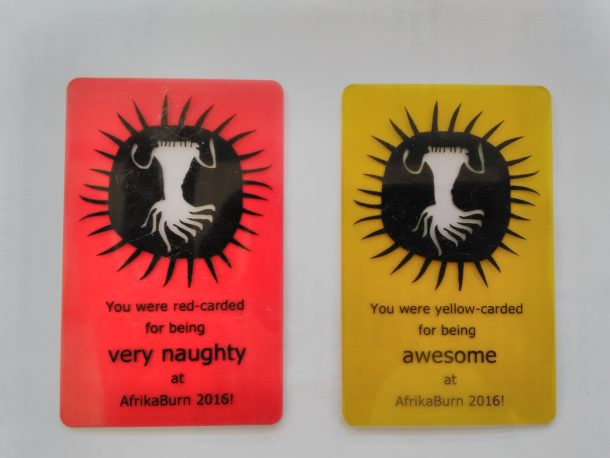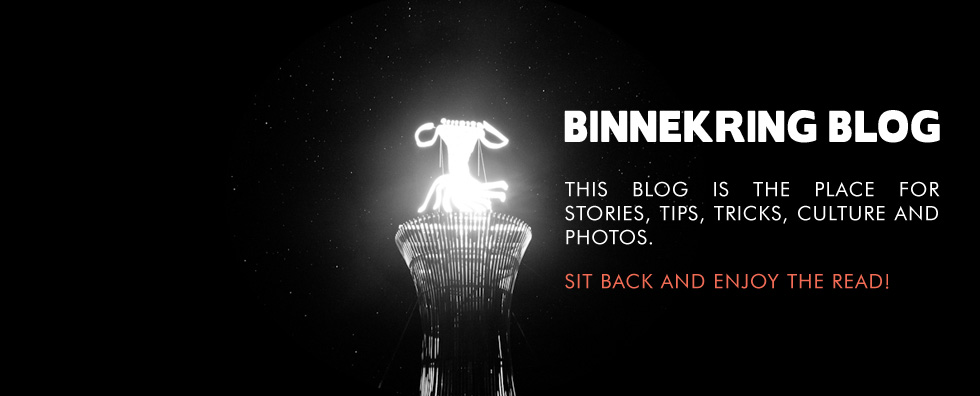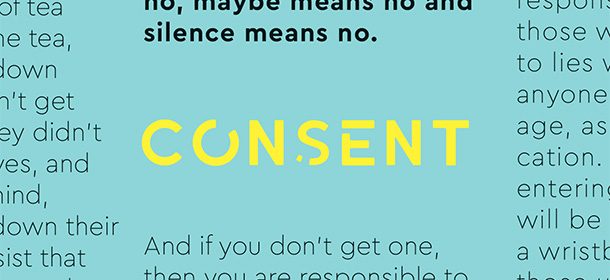BINNEKRING BLOG
Is Consent Culture Burner Culture?
Words: Catherine Williams / Images: as per image credit
Conversations about sexual harassment and the way society struggles to deal with predators have been doing the rounds since the #metoo campaign started in October 2017. Most women, girls and other socially vulnerable folks will tell you that this is not a new conversation: we have this conversation A LOT.
We have it a lot, because we are faced frequently with these issues in real life – whether it’s ourselves or our friends processing yet another encounter with a creep.
The #metoo campaign’s main premise was that these are not isolated incidents – one of the first silencing responses womxn hear when trying to talk about their experiences. OK then, the rationale went, we’ll show you how widespread the problem is. Social media was flooded with story after story of rape, sexual harassment, workplace sexism and domestic abuse. Men started to disclose their experiences too. The second part of the campaign was an honouring of the importance of individual stories. One bad experience is one too many – and volume shouldn’t be the qualifier for paying attention to it. Each experience counts, and should count, and unpacking it in depth can yield a ton of useful information to heal or change the situation.
During the campaign, I was tagged on Facebook by a Ranger in an AfrikaBurn conversation about a participant struggling with a Burner who has developed a reputation for acting creepy. I was tagged because I coordinate a group of dedicated responders who deal with discrimination and its end results in the AfrikaBurn community: incidents of sexual harassment, assault, racism, or classism. The existence of this team is not a reflection of the high prevalence of incidents – rather it reflects how highly the community values proactive and engaged responses to potential and possible misconduct. Festivals around the world have proven to be plagued by microaggressions, rape culture and consent violations (as have our homes, schools and workplaces). We are permeable to the problems of the default world when we live together in Tankwa Town.
Back to the Facebook thread: The woman (one of a number as it turns out) affected by this Burner, had tried to set some boundaries but had essentially been told that she needs to get over herself, as this was just “burner culture” and just “one of those things” that happen when you’re taking part in an experience with no rules and total freedom. What did she expect when everyone’s just there to have fun and party?

Is predatory behaviour burner culture?
Is acting with a disregard for consent* just Radical Self-reliance or have we been slacking on Each One Teach One? Is “boys will be boys” Radical Inclusivity or a threat to our Gifting culture? Is being a creep Radical Self- expression or an epic Civic Responsibility fail?
The woman from the Facebook debate sent me a private message (which I share here with her permission) saying, “It made me feel like maybe this wasn’t the community for me.”
I hope that sentence makes you pause.
In a community that welcomes the stranger, that fundamentally values inclusivity and freedom, that embraces personal resilience and public transformation, a participant was questioning her sense of belonging because of two things: the unacceptable, harmful behaviour by a fellow tribe member AND the normalisation and minimisation of this behaviour by other community members. Burners using “burner culture” as the excuse to do so, no less. How have we arrived at a similarly toxic culture to the default world after a 12-year experiment in creating the world anew?
Think about what it means that some individuals are operating via the social capital of trust, kindness, openness and immediacy to take advantage of vulnerable people in our shared space. Think of what it means that those who are the targets of predators, predominantly women and girls, must limit their freedoms and worry about their safety while sharing that space.
How we respond to this surfacing discussion will determine if we can learn our way together to another possibility or if we adopt the dominant culture of silencing uncomfortable conversations, as our culture. I believe that it is self-evident that our principles call us to engage generously with each other around our experiences and to to imagine new solutions to sharing a good life together.
To join the conversation, comment below or email [email protected]
(*hint: we have two pages dedicated to consent in our Survival Guide)
For more reading related to our Consent discussions, see these pieces contributed by community members over the past few years:
Critical Tits – Only A Tit Sees Boobs by Anonymous
Nice to Teet You by Caroline King




